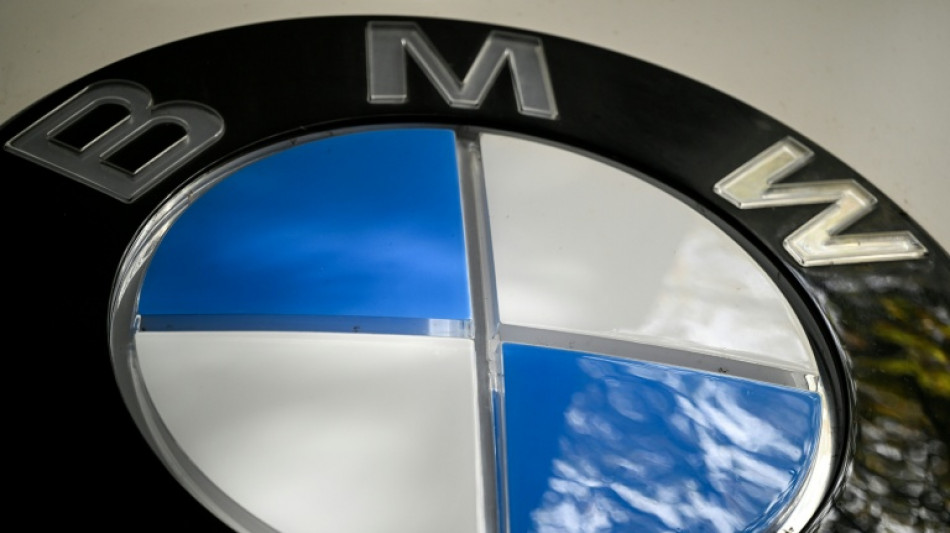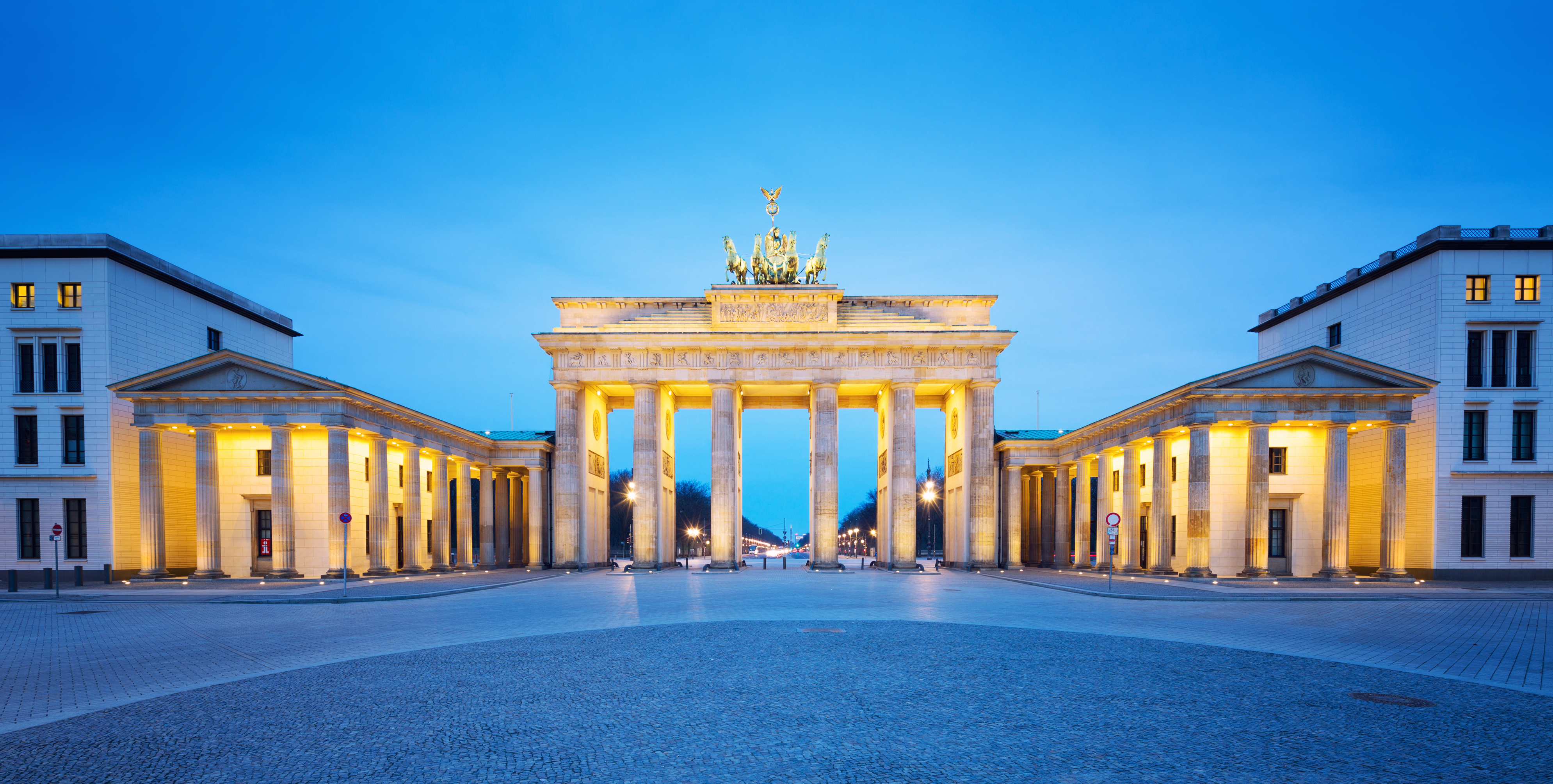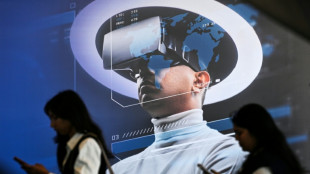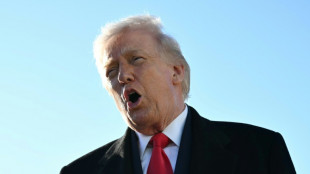

BMW reports rising profitability, shares jump
BMW on Wednesday reported rising profitability in the last quarter despite slowing Chinese sales and the impact of tariffs, offering some rare good news for Germany's beleaguered auto sector.
Investors cheered the results, with the manufacturer's share price up 6.8 percent by close of trading in Frankfurt, just days after domestic rival Volkswagen reported its first quarterly loss since the pandemic.
CEO Oliver Zipse said BMW was proving itself "resilient" despite numerous difficulties.
These included "a shifting geopolitical framework with trade impacts such as tariffs, as well as a rapidly evolving market in China," he said.
In the July-September period, BMW posted an operating profit margin in its auto unit, closely watched by investors, of 5.2 percent, compared to 2.3 percent in the same period last year.
However, tariff costs in the United States and the European Union -- BMW exports electric vehicles made in China that are subject to EU levies -- were weighing on profits, it warned.
BMW has generally sounded more upbeat about riding out US President Donald Trump's tariff storm than other German automakers as it has a sizeable American footprint, with its biggest plant worldwide in South Carolina.
Its deliveries in the United States rose about 25 percent in the third quarter from a year earlier, while deliveries worldwide were up nearly nine percent.
This is far better than German peers Volkswagen and Mercedes-Benz. VW, Europe's biggest carmaker, last week warned that the US tariffs were set to cost it five billion euros a year.
- 'Volatile' chip supply -
But BMW, whose brands also include Mini and Rolls-Royce, is not immune to the current turmoil in the European auto sector.
It cut its outlook for 2025 in October due to tariff costs and worsening prospects in China, where German firms are being challenged by local rivals for electric sales.
Sales in China were down slightly in the July to September period, BMW said.
BMW also said that research and development spending had fallen significantly in 2025 compared to last year, when it splashed huge sums on building up a new range of EVs that the carmaker hopes can help it compete in China.
Zipse welcomed "positive signals" after China's weekend announcement that it was easing the export ban on Nexperia semiconductors, which it imposed due to a fight with the Netherlands over control of the chipmaker.
The ban had sparked warnings of production stoppages from the European auto industry, as the chips are used widely in cars' onboard electronics.
The situation at BMW with regard to chip supply was currently "going well", Zipse said, but warned that it was still "volatile".
"We continue to assess the situation -- we do this several times a day," he told journalists on a call.
The group's net profit in the third quarter came in at 1.7 billion euros ($1.9 billion), in line with forecasts.
This was sharply up from 476 million euros in the same period in 2024, when results were heavily impacted by a massive vehicle recall. Revenues were flat at around 32 billion euros.
N.Schreiber--BVZ




